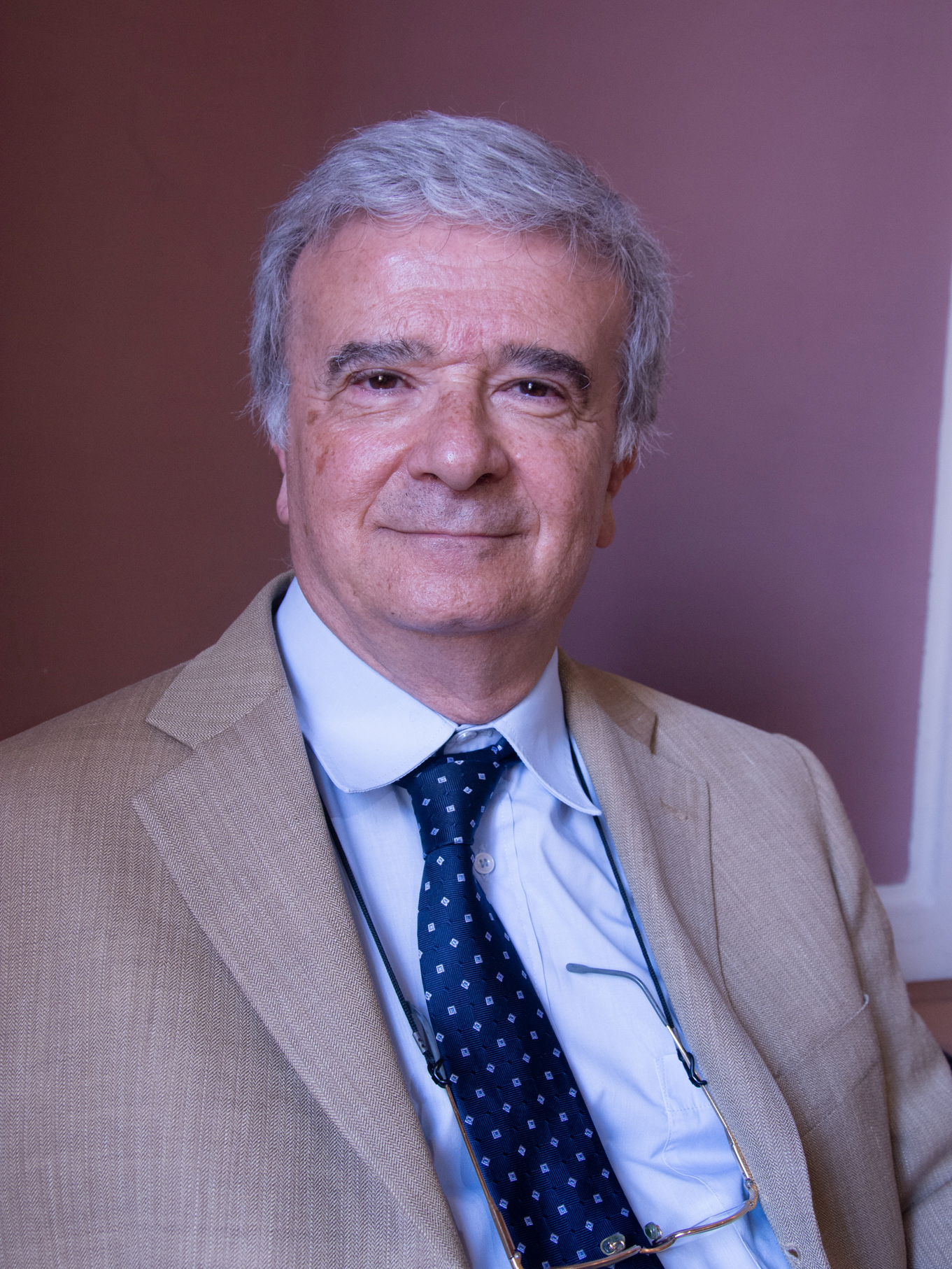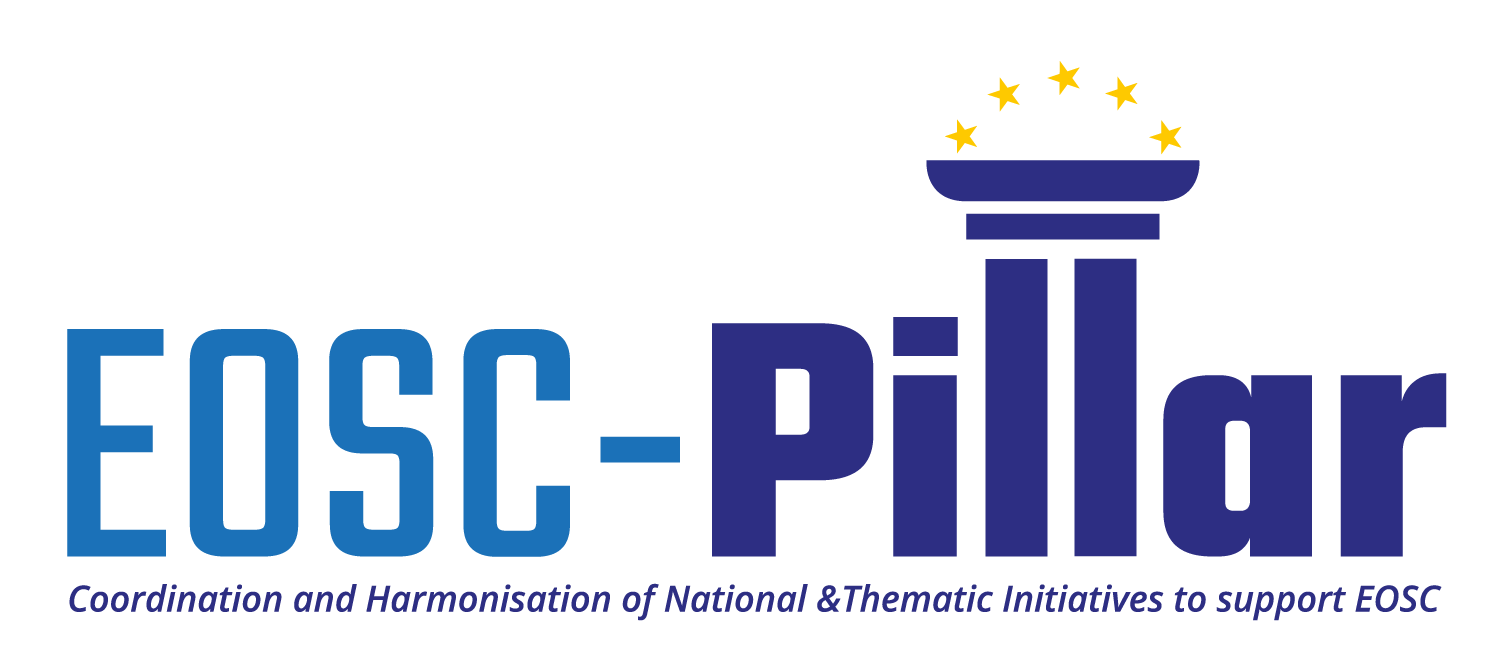
The Project
EOSC-Pillar coordinated national Open Science efforts across Austria, Belgium, France, Germany and Italy, ensuring their contribution and readiness for the implementation of the European Open Science Cloud (EOSC).
The project (July 2019 - December 2022) supported the coordination and harmonisation of national initiatives relevant to EOSC in Europe and investigated the option for them to interfederate at a later stage, helping the integration of initiatives and data/cloud providers through the development of common policies and tools, and facilitating user communities in adopting and using these services and propose new ones born from their scientific domain. In the longer term, this is expected to facilitate the design and adoption of common policies and streamline the process of joining EOSC for service providers and user communities while helping populating the EOSC with useful services of wider European interest, based on the real needs and interests of the European scientific communities. In order to maximise this simplification process, the project will collaborate with related regional and thematic initiatives.
The vision
The EOSC is envisioned to offer 1.7 million European researchers and 70 million professionals in science, technology, the humanities and social sciences a virtual environment with open and seamless services for storage, management, analysis and re-use of research data, across borders and scientific disciplines by federating existing scientific data infrastructures, currently dispersed across disciplines and the EU Member States
The project has the ambition to propose the initiatives for the national coordination of data infrastructures and service recently started in many Member States as one of the founding pillars for the construction, development and long-term sustainability of the EOSC. Coherently with this vision, it starts with an initial group of neighbouring countries who are active in the field of open science, to define and set a model to harmonise and interfederate the initiatives. The real challenge here is that, despite having very similar objectives and visions, and similar compositions, the initiatives adopt different approaches, need to abide by different national laws and regulations and have very different funding models and relations with the decision makers: for this reason, the task of harmonise the different national experiences is not a trivial one, but succeeding in it means to bring in the picture all the advantages that the adaptation to national peculiarities brings. EOSC-Pillar takes the challenge to build on such specificities and heterogeneity to enhance the level of collaboration among all the countries bringing a rich and well organised contribution to EOSC. In a motto, pursuing unity in diversity.

Federico Ruggeri
EOSC-Pillar Coordinator
“Our vision is that national OS initiatives, either existing or under development, are the key to involve live user communities and research infrastructures in the creation of EOSC,” commented EOSC-Pillar Coordinator Federico Ruggieri. “Having an intrinsic sustainability and support from the relevant organisations which fund and promote research in their respective countries, National Initiatives deserve a special place in the foundation of the EOSC, hence we believe that they have a chance and a right to influence the way in which the future EOSC will grow and one of our objectives is to make sure their voices are heard and translated into shared practices and services for the benefit of the respective scientific communities."
EOSC-Pillar is part of EOSC regional projects funded under the INFRAEOSC 5b call and will work in sync with other regional projects such as EOSC Nordic, NI4OS-Europe, EOSC Synergy and ExPaNDS. These projects aim to coordinate the efforts of the national and thematic initiatives in making a coherent contribution to EOSC.



